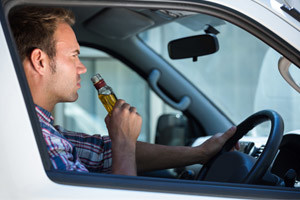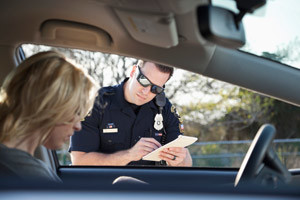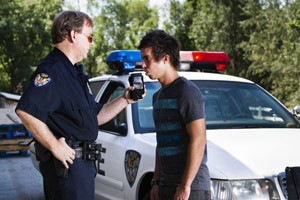
If you’ve been stopped and charged with drinking and driving in New Jersey, you face significant potential sanctions. Similar to other states, the penalties for DUI in New Jersey depend on a variety of factors, including severity of the offense and whether or not there are any prior convictions. Here’s an overview of the statutory penalties for drunk driving in New Jersey.
First Conviction for Driving Under the Influence of Alcohol
New Jersey takes any DUI charge seriously. Even if you’ve never been charged or convicted of drinking and driving before, you can spend up to a month in jail and pay a significant fine. In addition, you can lose your license for up to year or be required to have an ignition interlock on your car.
Second DUI Conviction
As a repeat offender, you can face up to 90 days in jail, as well as fines of up to $1,000. A second DUI can also lead to a two-year suspension of your license, and a mandatory ignition interlock.
Subsequent Convictions
With a third conviction, you can be sentenced to 180 days in jail, and can lose your driving privileges for up to 10 years. The court can also assess a $1,000 fine and order installation of an ignition interlock.
Penalties Applicable to All DUI Convictions
Regardless of how many convictions you’ve had, you incur the following:
- A $100 fee paid to the drunk driving enforcement fund
- A $100 fee to restore your motor vehicle registration
- A $100 fee to the violent crimes compensation fund
- A $100 fee to the Intoxicated Driver program
- A $100 state and municipal fee
Contact Attorney Edward M. Janzekovich
To schedule an appointment with an experienced New Jersey DUI defense attorney, contact my office online or call me at 732-257-1137. There is no cost or obligation for your first meeting. Evening and weekend consultations are available by appointment. I accept all major credit cards.






